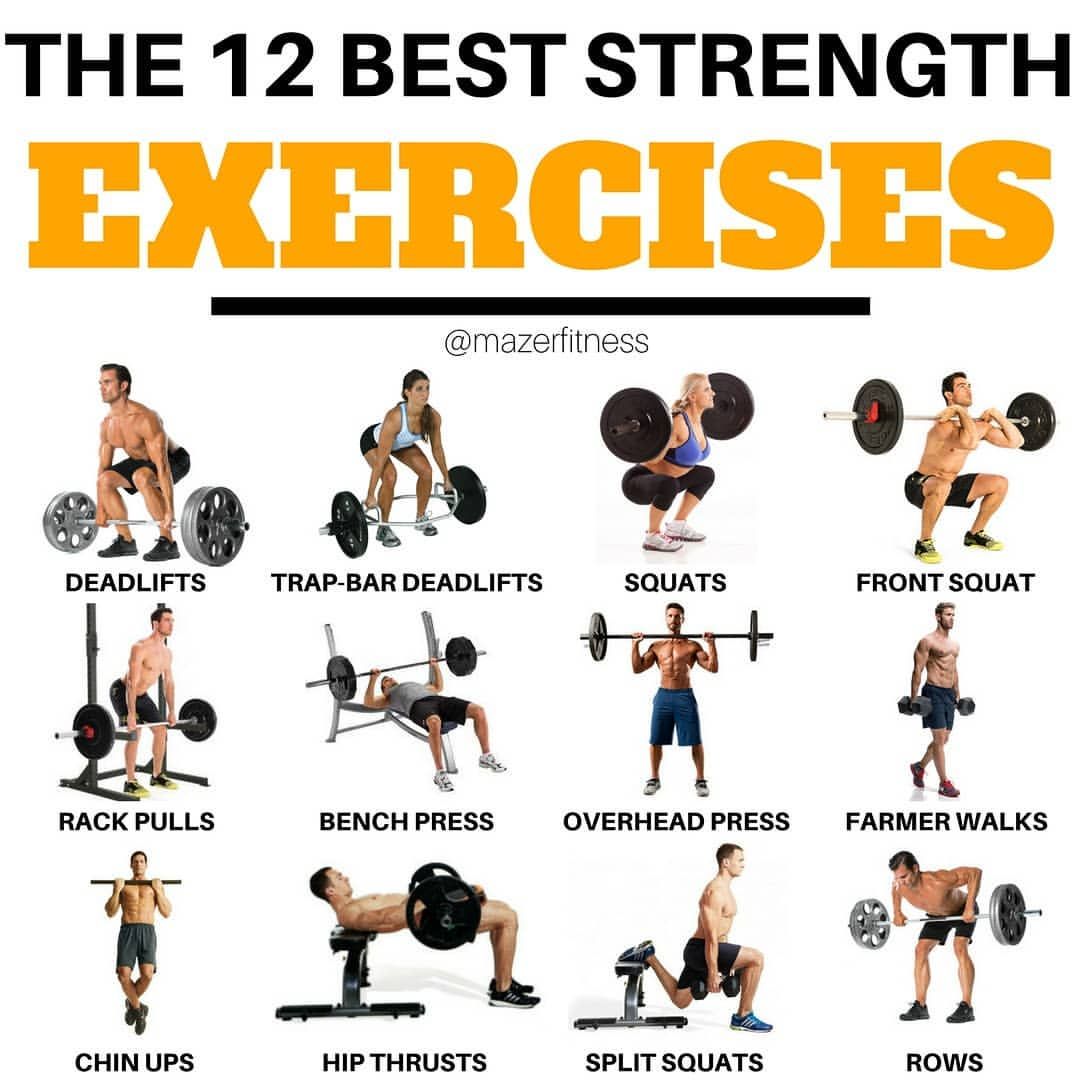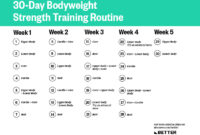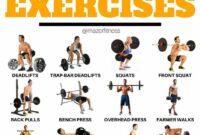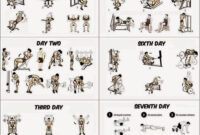Best way to weight train? Unlocking your fitness potential through weight training involves more than just lifting heavy; it’s about understanding the science behind muscle growth, designing a personalized plan, and prioritizing proper form and recovery. This guide delves into the fundamental principles, providing a comprehensive roadmap to help you achieve your weight training goals safely and efficiently, whether you’re a beginner or an experienced lifter.
We will explore the crucial aspects of weight training, from understanding basic principles like progressive overload and muscle hypertrophy to crafting a personalized program tailored to your experience level, fitness goals, and available equipment. We’ll cover essential training splits, effective warm-up and cool-down routines, and the vital role of nutrition and recovery in maximizing your results. Furthermore, we will address safety precautions and techniques for various weight training equipment to ensure you progress safely and effectively.
Nutrition and Recovery for Weight Training
Optimizing your nutrition is just as crucial as your weight training program itself. Proper nutrition fuels your workouts, aids muscle growth and repair, and ensures your body recovers effectively between sessions. Neglecting this aspect can significantly hinder your progress, leading to plateaus or even injury. This section will delve into the key nutritional elements necessary for maximizing your weight training results.
The Role of Nutrition in Muscle Growth and Recovery
Nutrition plays a multifaceted role in muscle growth and recovery. It provides the essential building blocks – proteins, carbohydrates, and fats – required for muscle protein synthesis (the process of building muscle tissue) and replenishing energy stores depleted during training. Sufficient nutrient intake also supports the repair of microscopic muscle tears that occur during weightlifting, promoting faster recovery and reducing the risk of injury. A balanced diet rich in macronutrients and micronutrients is essential for optimal muscle growth and adaptation to training stimuli. Inadequate nutrition, conversely, can lead to delayed recovery, increased susceptibility to illness, and diminished training performance.
Protein Intake for Muscle Repair and Building
Protein is the cornerstone of muscle growth and repair. It’s composed of amino acids, the building blocks of muscle tissue. After weight training, your muscles are in a catabolic state, meaning they’re breaking down. To counteract this and initiate muscle protein synthesis, you need to consume sufficient protein to provide the necessary amino acids for repair and growth. The recommended daily protein intake for weight training individuals varies depending on factors like training intensity, body weight, and individual goals, but generally ranges from 1.6 to 2.2 grams of protein per kilogram of body weight. This can be achieved through a variety of protein sources, including lean meats, poultry, fish, eggs, dairy products, legumes, and plant-based protein powders.
Hydration’s Impact on Weight Training Performance
Hydration is often overlooked but is crucial for optimal weight training performance. Water makes up a significant portion of your muscle tissue and is involved in numerous physiological processes, including nutrient transport, temperature regulation, and waste removal. Dehydration can lead to decreased strength, endurance, and overall performance. It can also impair recovery and increase the risk of muscle cramps and injuries. Aim to drink plenty of water throughout the day, especially before, during, and after your workouts. The amount needed will vary depending on individual factors, climate, and intensity of exercise. Consider adding electrolytes to your water, especially during prolonged or intense training sessions, to replenish electrolytes lost through sweat.
Sample Meal Plan for Muscle Growth and Recovery
A well-structured meal plan is vital for supporting muscle growth and recovery. This sample plan provides a general guideline; individual needs may vary. Consult a registered dietitian or sports nutritionist for personalized guidance.
This sample meal plan focuses on providing adequate protein, carbohydrates, and healthy fats throughout the day to support muscle growth and recovery. It also incorporates a variety of nutrient-rich foods to ensure optimal micronutrient intake.
- Breakfast: Oatmeal with berries and nuts, Greek yogurt with fruit and a scoop of protein powder.
- Mid-Morning Snack: A handful of almonds and a piece of fruit (apple, banana).
- Lunch: Chicken breast salad sandwich on whole-wheat bread with a side of vegetables.
- Afternoon Snack: Protein shake with banana and spinach.
- Dinner: Salmon with brown rice and steamed broccoli.
- Post-Workout Snack: Protein shake with carbohydrates (e.g., dextrose or maltodextrin).
Closing Notes
Mastering the best way to weight train is a journey, not a destination. By understanding the fundamentals, personalizing your approach, and prioritizing safety and recovery, you can unlock significant strength gains and achieve your fitness objectives. Remember that consistency, proper form, and ongoing adjustments to your program based on your progress are key to long-term success. Embrace the challenge, track your progress, and enjoy the rewarding process of building a stronger, healthier you.




